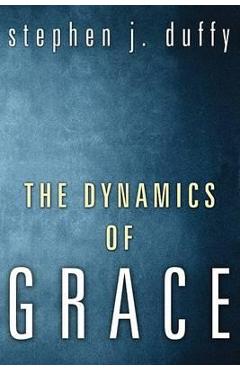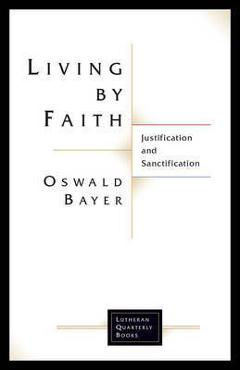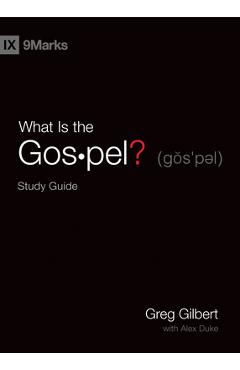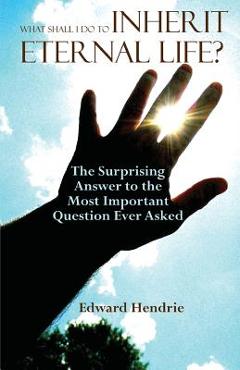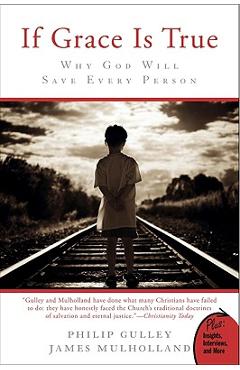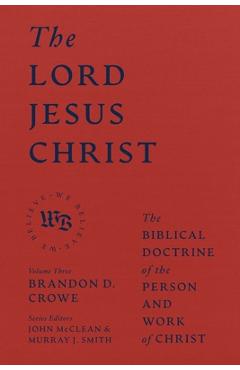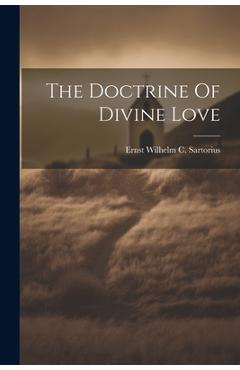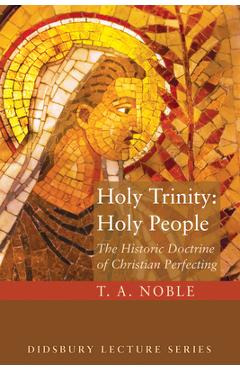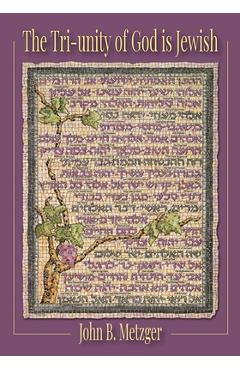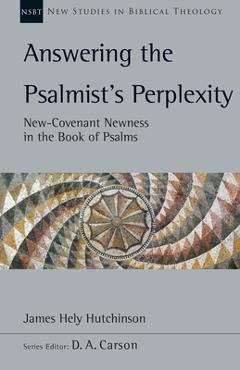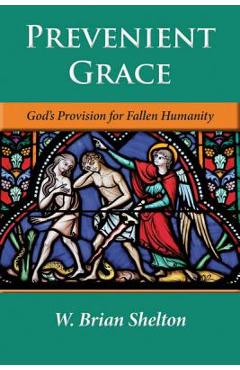The Love of God: A Canonical Model
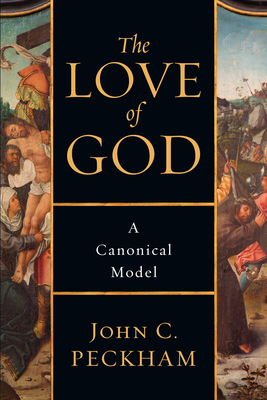
The Love of God: A Canonical Model
Readers' Choice Award Winner
"For God so loved the world . . ."
We believe these words, but what do they really mean? Does God choose to love, or does God love necessarily? Is God's love emotional? Does the love of God include desire or enjoyment? Is God's love conditional? Can God receive love from human beings?
Attempts to answer these questions have produced sharply divided pictures of God's relationship to the world. One widely held position is that of classical theism, which understands God as necessary, self-sufficient, perfect, simple, timeless, immutable and impassible. In this view, God is entirely unaffected by the world and his love is thus unconditional, unilateral and arbitrary.
In the twentieth century, process theologians replaced classical theism with an understanding of God as bound up essentially with the world and dependent on it. In this view God necessarily feels all feelings and loves all others, because they are included within himself.
In The Love of God, John Peckham offers a comprehensive canonical interpretation of divine love in dialogue with, and at times in contrast to, both classical and process theism. God's love, he argues, is freely willed, evaluative, emotional and reciprocal, given before but not without conditions. According to Peckham's reading of Scripture, the God who loves the world is both perfect and passible, both self-sufficient and desirous of reciprocal relationships with each person, so that "whoever believes in him shall not perish, but have eternal life."
PRP: 229.34 Lei
Acesta este Pretul Recomandat de Producator. Pretul de vanzare al produsului este afisat mai jos.
194.94Lei
194.94Lei
229.34 LeiLivrare in 2-4 saptamani
Descrierea produsului
Readers' Choice Award Winner
"For God so loved the world . . ."
We believe these words, but what do they really mean? Does God choose to love, or does God love necessarily? Is God's love emotional? Does the love of God include desire or enjoyment? Is God's love conditional? Can God receive love from human beings?
Attempts to answer these questions have produced sharply divided pictures of God's relationship to the world. One widely held position is that of classical theism, which understands God as necessary, self-sufficient, perfect, simple, timeless, immutable and impassible. In this view, God is entirely unaffected by the world and his love is thus unconditional, unilateral and arbitrary.
In the twentieth century, process theologians replaced classical theism with an understanding of God as bound up essentially with the world and dependent on it. In this view God necessarily feels all feelings and loves all others, because they are included within himself.
In The Love of God, John Peckham offers a comprehensive canonical interpretation of divine love in dialogue with, and at times in contrast to, both classical and process theism. God's love, he argues, is freely willed, evaluative, emotional and reciprocal, given before but not without conditions. According to Peckham's reading of Scripture, the God who loves the world is both perfect and passible, both self-sufficient and desirous of reciprocal relationships with each person, so that "whoever believes in him shall not perish, but have eternal life."
Detaliile produsului










